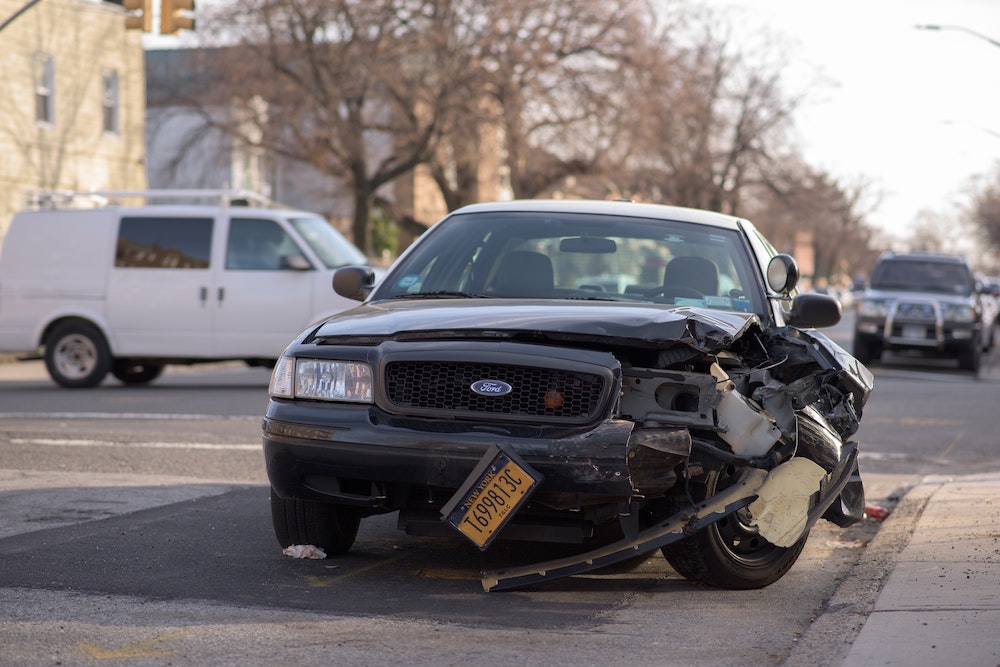
Road accidents are common and unfortunate. You cannot predict when you may get involved in one and whether it will happen when you are driving your own vehicle or the employer’s car. The situation can get complex when you have an accident while driving the company car, particularly from the insurance perspective. Though you may expect compensation from the company’s insurance, it may or may not happen. In fact, you could actually end up facing flak in some situations. Let us explain all that you need to know about such mishaps.
When is the employer liable?
Fortunately, the law comes to your rescue if you get injured in a road accident in the course of business-related work. This concept is defined by the legal doctrine of respondeat superior. It means that the employer is held responsible for the actions of the employees when they are acting within the scope of employment. Obviously, this indicates that you will be covered by the employer’s insurance if you get involved in an accident while driving their car for official purposes.
Awareness is the key and every employee needs to know about their legal rights and responsibilities. While the company will have to pay for the injuries and property damage caused by you during the accident, they will also be liable if you suffer from injuries. There are chances that your employer may hesitate to come ahead and take the responsibility. Experts at The Benton Law Firm advise that you should know the law well enough if you regularly drive the company car for work. Since the process can get complicated, you should seek legal help in such accidents rather than handling the situation on your own.
When is the employee liable?
On the flip side, there are certain situations when the employee cannot expect coverage from the company’s insurance even if they get into an accident in the company’s car. Here are some instances when this happens:
Non-business activity: If the employer provides you a vehicle 24/7 for official use only, you will not be compensated for non-business activities. This can include commuting to and from the workplace and recreational travel, as mentioned in the vehicle agreement with the employer.
Criminal activity: An employee who is committing a criminal activity while driving a company vehicle will not be indemnified. This situation also includes driving under influence of alcohol or drugs. In this case, the employer can rightfully refuse to cover the employee from any third-party lawsuits.
Independent contractors: In some cases, employees may use their personal vehicle on the behalf of the company. They may not be protected from personal liability if involved in an accident even while on the job.
Vehicle lease: If you lease an employer-owned vehicle such as a taxi cab, your contract could include a clause that makes you liable for the accidents involving the car. Now that you know the legal implications of an accident while driving your employer’s car, you will be able to handle the situation better. Consulting an expert personal injury lawyer is the best approach in such cases.


